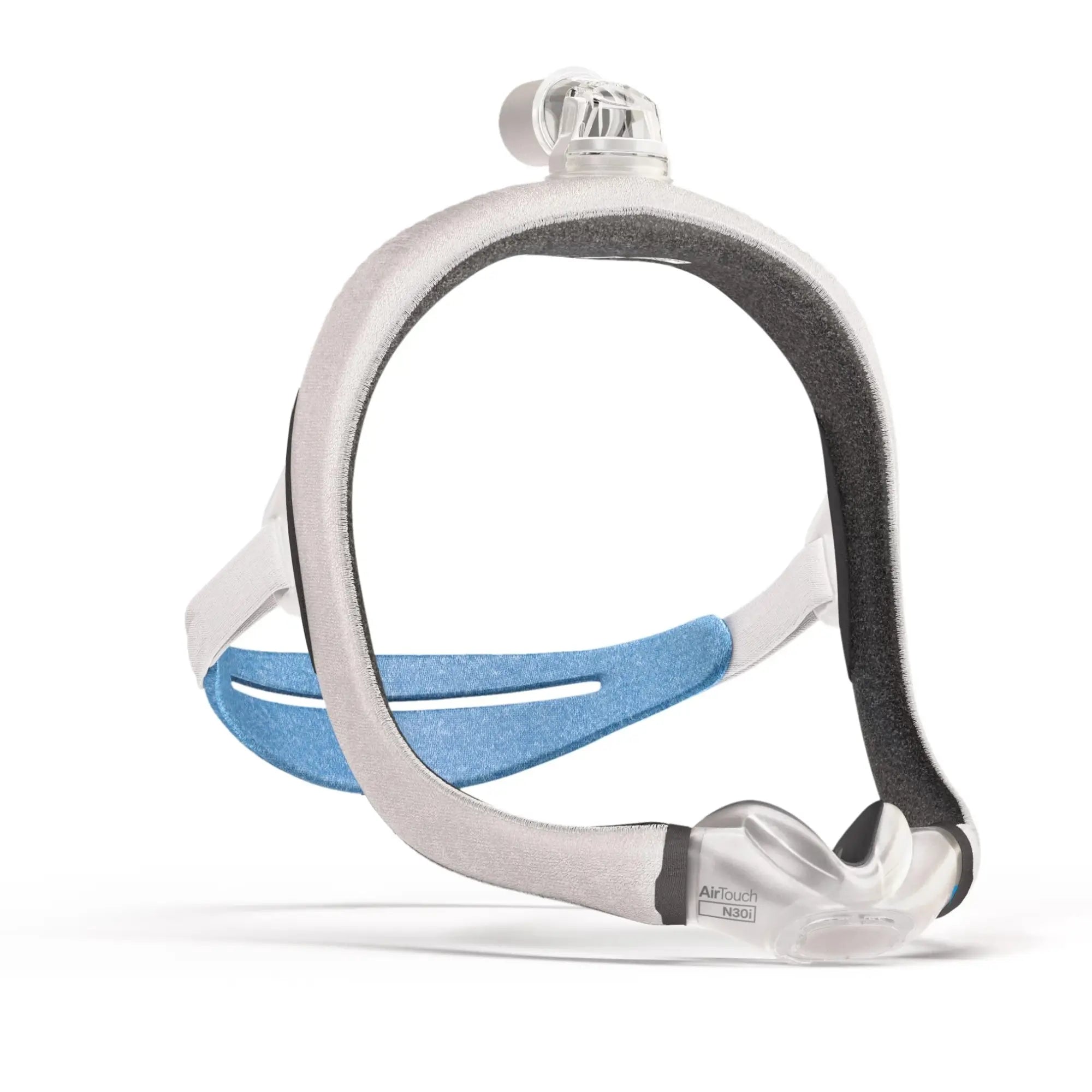Insomnia rates vary around the globe, according to studies. Some countries have a 30% prevalence, while others have a frightening 60%. It is a common sleep condition characterized by fitful sleeping, inability to stay asleep, difficulty falling asleep, difficulty staying asleep for a lengthy period of time, or difficulty falling asleep but waking up during the night. So, how do you sleep while you're suffering from insomnia?
The Types Of Insomnia

Insomnia isn’t a permanent state. For some, it can be an issue for months. For others, it can come and go for a short period.
Chronic Insomnia
Chronic insomnia, as with all things, occurs when sleep issues persist for more than three months. Furthermore, during three months, the person has difficulty sleeping three or more times each week.
Chronic insomnia is caused by stressful life events or poor sleeping practices. In most cases, fixing the source of your insomnia will improve your sleeping patterns. However, even with treatment, some people's unhealthy behaviors might persist for years.
Short-Term Insomnia
Again, the reason of insomnia, especially short-term insomnia, is virtually always stressful conditions. It only lasts a few days or a few weeks at the most. If it lasts more than three months, physicians will consider it chronic.
Remove the source of your tension, and your insomnia will most likely disappear in a few days.
The Reasons For Insomnia
While you can categorize the cause of insomnia under the broad concept of stress, there are nuances to it.
Let’s see what can contribute to your insomnia.
- Sleep disorders such as sleep apnea can indirectly cause insomnia.
- Fluctuations in hormones such as menstruation or thyroid can be a reason. People often sleep more or sleep less due to menstruation.
- Chronic pain such as arthritis can contribute to chronic insomnia. It’s stress throughout your body preventing you from sleeping.
- Medications that might be messing with your hormones can cause it.
- Alzheimer’s disease or Parkinson’s disease.
- Unhealthy lifestyle.
- Mental health issues.
- Stress from your job, financial problems, or personal relationships.
The Risks from Insomnia
You might gain or lose a lot of weight depending on how severe your insomnia is. It can also progress to hypertension or diabetes.
A lack of sleep makes a person nervous and can easily lead to depression. Depression and sleeplessness can mutually reinforce one other in various ways.
Due to a lack of sleep, the individual may become irritated. Do you have difficulties staying awake at school or at work? Can't seem to concentrate or recall things properly? It's a symptom of sleeplessness.
You will also feel drained of energy.
How to sleep with insomnia?
If you suffer from insomnia, you must make lifestyle modifications. The majority of people benefit from treatment. Some people may use sleeping pills or other medications for a brief time to help them get into a healthier sleeping schedule.
Here are a few things you may do to help you sleep if you have insomnia. You must practice these practices on a daily basis until sleeping on time becomes a normal part of your life.
Establish A Regular Bedtime Routine
An hour before night, turn off all electronic devices, including your phone, television, laptop, iPad, and Kindle. The blue light emitted by those devices isn't improving your sleep.
Relaxation techniques include listening to soothing music, having a hot shower, and drinking green tea. You don't have to do everything, but the ones you're familiar with can help you relax.
Stretching or Yoga

Engage in stretching or gentle yoga before bed. Anything which will release the tensions in your muscles. Some people do Tai-chi.
Make The Bedroom Comfortable
Do not do anything in the bedroom that does not include lying in your bed. Do not have a study table in the same room where you work or read. This will alert your brain that the area is only for sleeping.
Indoor trees, low temperatures, and dark lighting are just a few of the things that might put your brain to sleep. Create an optimal sleeping environment in this manner.
No Clock in The Bedroom
Set an alarm on your phone or a clock if you need to get up at a specific hour. Place the phone away from you and the clock so that you can't see the time.
If you wake up in the middle of the night, seeing the clock ticking will just stress you out and cause you to sleep later.
Avoid Smoking and Caffeine

Caffeine acts for several hours after you ingest it. So, avoid caffeinated beverages after noon. Alcohol should be used in moderation at least a couple of hours before bedtime.
Smoking is already terrible for your health, but nicotine also interferes with sleep.
Wake Up at The Same Time
Wake up at the same hour every day, whether you slept through the night or not. Attempt to stay awake throughout the day until weariness compels your body to sleep at the appropriate moment.
If you wake up throughout the night and do not go back asleep within 20 minutes, get out of bed. Stretching, reading a book, or listening to music are all calming hobbies.
Return to bed when you feel sleep engulfing your senses once again.
Final Thoughts
Regardless of how many methods you use to alter your sleeping habit to cure insomnia, addressing the underlying cause is always the best answer. Don't forget to go to counseling if it's because of mental health issues. If your insomnia is caused by another sleeping issue, such as sleep apnea, see your doctor immediately. They can make preparations for CPAP therapy.
Sleep deprivation may be harmful in addition to causing chronic health problems. You might lose your life if you fall asleep behind the wheel. If you suffer from sleeplessness on a regular basis, avoid driving vehicles.

















































